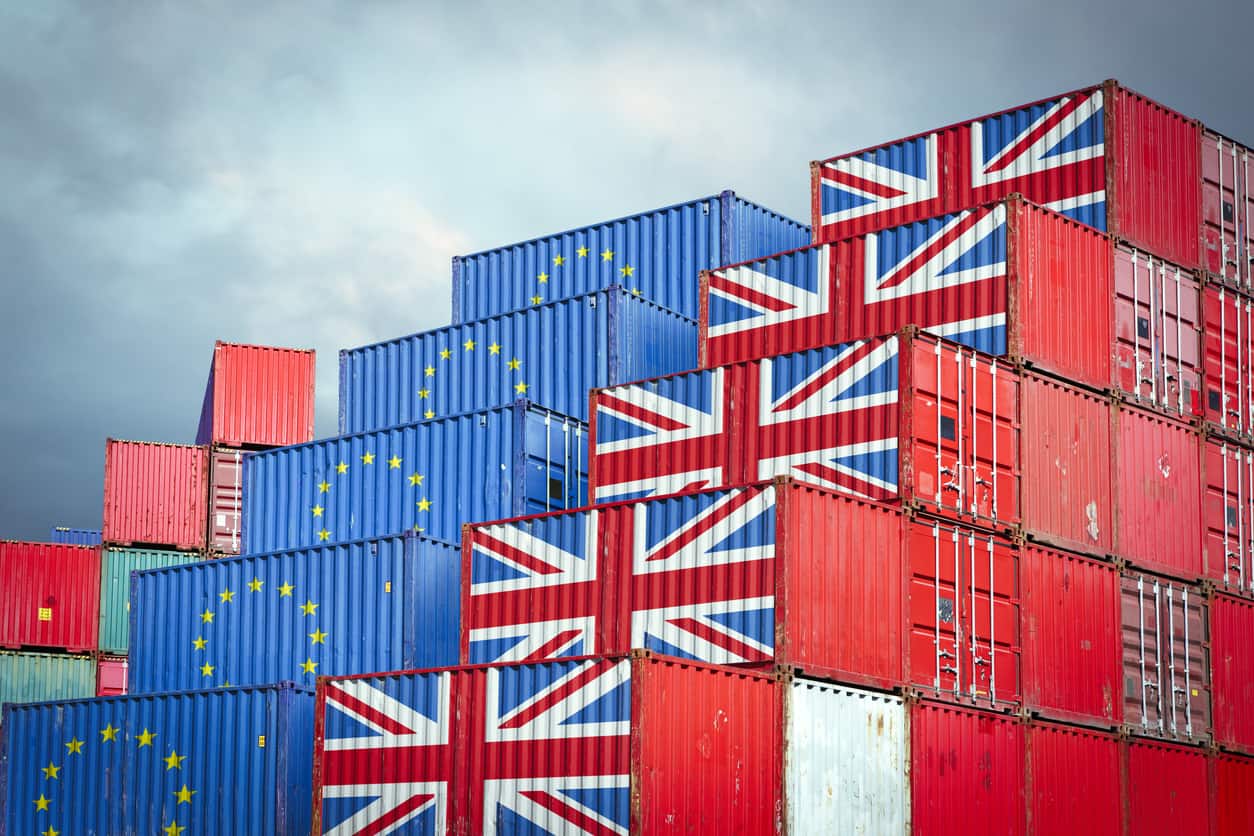In this series, JAGGAER dives into the 2019 economic outlook both in the U.S. and the European Union and examines how procurement organisations can best prepare in the new year. With Brexit looming and the possibility of World Trade Organisation rules coming into effect in UK/EU trade, the European procurement and supply chain markets look unsteady. Combined with increasing isolationism in other parts of the world, procurement teams dealing in the EU and UK will have to take steps to prepare for unstable markets.
Brexit
Brexit will be one of the biggest stories in 2019, not only in Europe but worldwide. With a deadline of March 29, we’ll soon see what the final Brexit agreement looks like. With it comes a number of other questions. Primarily, what will the future trade agreement look like? With nothing settled, procurement teams are left trying to prepare for multiple outcomes, anticipating changes with ripple effects around the globe. It will be left to European leaders to decide on the future of the UK/EU relationship, and supply chain, logistics, and distribution may bear the brunt of the cost. UK companies may see increases in labor costs, tariffs, and more. By preparing for the coming changes, procurement organisations can minimise the negative effects on their operations.
The Influence of the World Trade Organisation
Should the UK and the EU fail to strike a Brexit deal, the UK would fall back on the World Trade Organisation rules. This means that WTO law would oversee trade deals between the UK and EU, as well as other countries. The General Agreement on Tariffs and Trade would govern trades of goods. The UK will need to establish new trade schedules and have them approved by all WTO members.
Alternatively, the UK could unilaterally announce free trade, which could have negative impacts on British manufacturing. UK industries that depend highly on EU supply chains may suffer. With many manufacturing items, such as automobile parts, crossing borders several times between plants, tariffs and customs could make existing manufacturing processes cost prohibitive. Either profit margins will suffer or EU companies may stop manufacturing in the UK. There are dozens of potential implications due to World Trade Organisation guidelines, each of which may impact procurement teams. Currently, many are forced to take a wait and see approach until an agreement is reached and the EU and UK make clear which WTO rules will be enforced.
Protectionism vs. Free Trade
With global trade in manufacturing flourishing in the past few decades, a move toward protectionism promises to reshape the global trade outlook. American protectionism led by the Trump administration has generated high tariffs on aluminum, automobiles, steel, and more. The election of Jair Bolsonaro in Brazil threatens to jeopardise an already complex relationship between the EU and MERCOSUR.
However, the European Union continues to strike deals to increase free trade. After nearly five years of negotiations, the EU agreed the largest free trade deal in its history with Japan, and enhanced market access with China. Further talks are underway with the Association of South East Asian Nations, Australia, and New Zealand.
With the WTO in a delicate balance, tension threatens to bring far-reaching consequences. While Brussels tries to improve trade relations with the US, further negotiations will take place in 2019. Procurement and supply chain organisations will need to continue their sourcing efforts to find alternative suppliers, consider what-if scenarios, and jump on new opportunities. By planning ahead for potential service changes or disruptions, teams can contain costs.
Learn more about the economic factors impacting procurement in the UK and the EU in our upcoming webinar on Brexit and Beyond: Complexity and Transparencytaking place 5th March 2021 at 10AM GMT.




